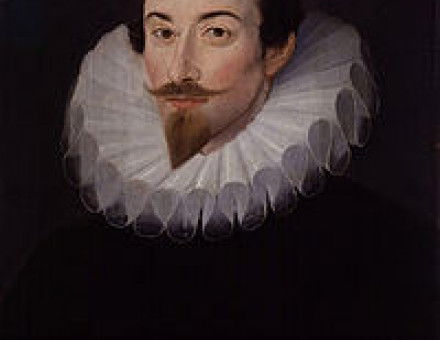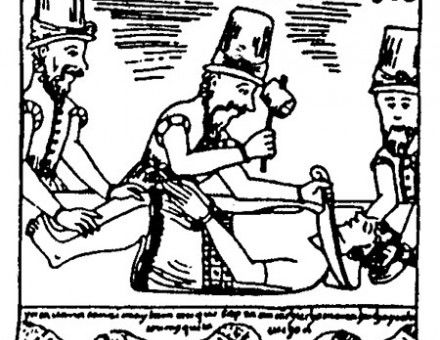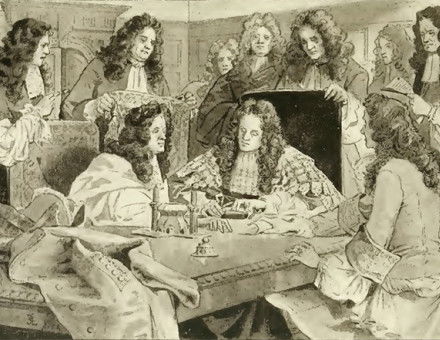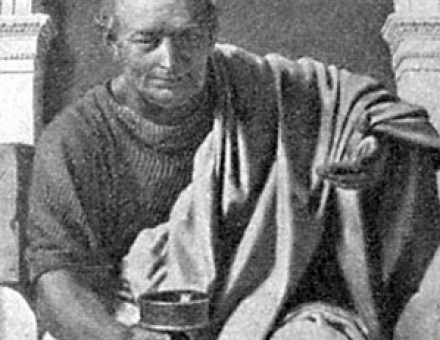Operation Exodus: Trieste, 1947
Only ten years ago, Trieste seemed likely to become the Sarajevo of a Third World War. Here J. Garston, a military eye-witness, describes how, thanks to a combination of tact and firmness, an apparently impossible problem was for the time being solved.






